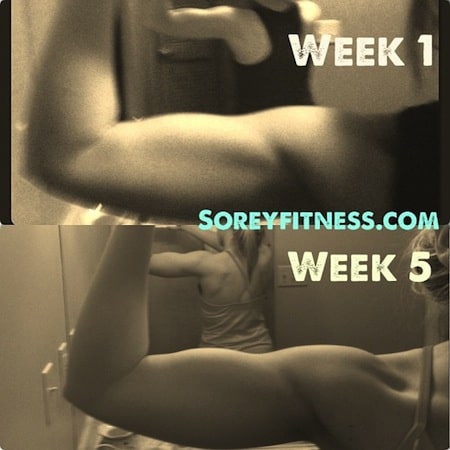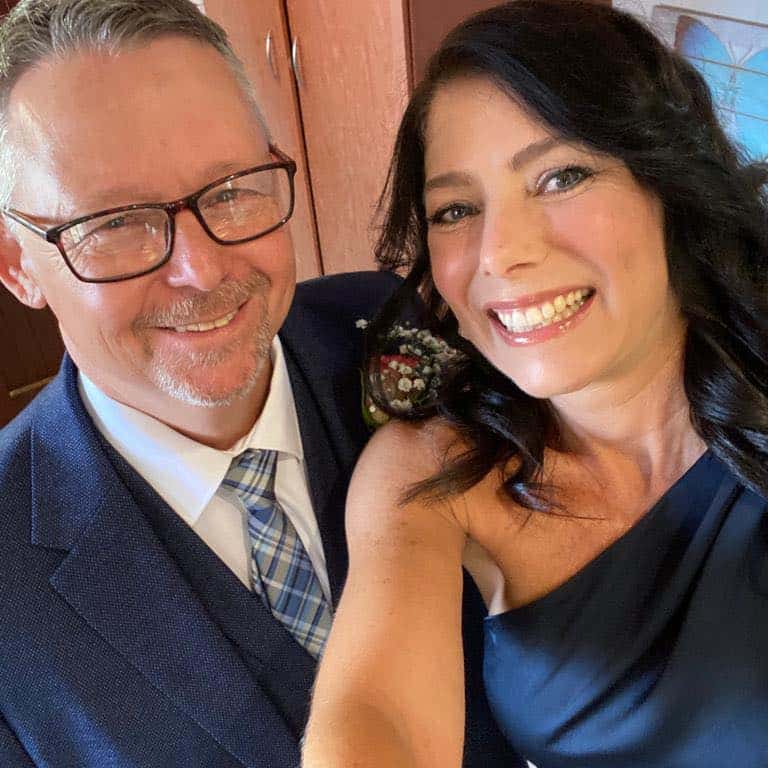Your Nutrition Plan Matters – 3 Tips to Get Max Weight Loss Results
This post may contain affiliate links. All opinions shared are my own. As an Amazon Associate I earn from qualifying purchases. Click to view our full disclosure.
All content is created by humans – not AI.
When I first started working out, I thought that hour or so was going to reshape my body and be what made me reach my goals.
Did you know your nutrition plan makes up 80% of your results? No joke. The other 20% is based on your workouts and genetics.
Your nutrition is going to help you fuel your muscles, burn fat, and get to your goal weight. Your workouts are what affect the shape of your body. A great workout can whittle your waistline, give you killer arms, or pick your butt up, but without the right nutrition guide, those results won’t be seen.

So a good nutrition plan matters because without it, all of your hard work is basically hidden under a layer of fat. That is one of the reasons that even if you are doing crunches every single day, you don’t see that washboard stomach popping out – there is a bad nutrition plan on top of them!
So how do you perfect your nutrition plan?
- Think long-term. What is reasonable for you for the rest of your life? You can use a trip or event as motivation, but it shouldn’t be the reason you starve yourself for days or weeks on end. What are you willing to eat for the rest of your life?
- Look at your workout. Each type of workout may require a different nutrition plan. For example, runners may need more carbs than a body builder. If you order a Beachbody program, it comes with a nutrition guide for you to use that is tailored to that workout. I would still share the nutrition guide with your doctor though just to prevent any problems and add to the customization of your personal nutrition plan.
- Consult a professional. There are so many different diet books, tv shows, and “experts” out there. Ironically, a lot of their “facts” conflict with each other, which leads to confusion and even possible metabolism problems. Ask your doctor about a creditable source or seek out a certified nutritionist. Remember that even if someone is a personal trainer does NOT mean they are trained in nutrition.





